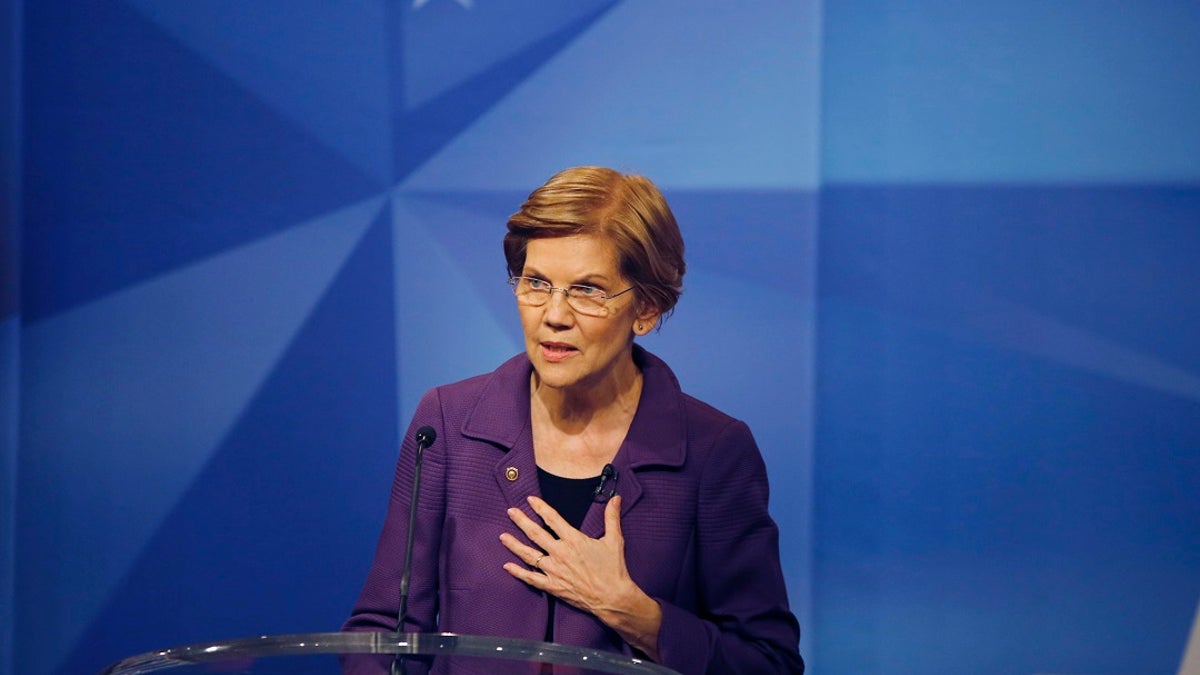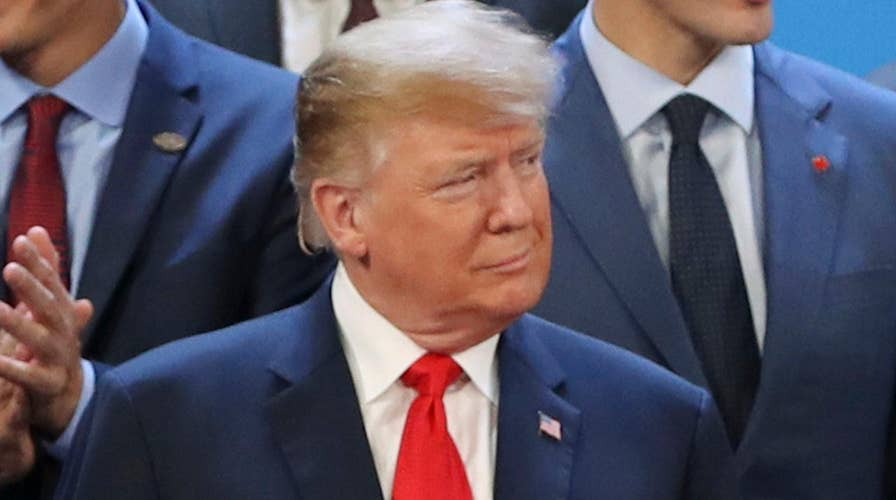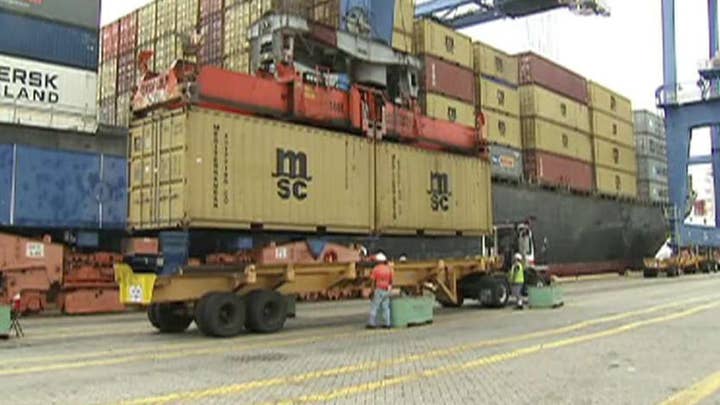Trump brings his 'America first' agenda to the G20
President Trump signs trade agreement with Canada and Mexico ahead of his meeting with Chinese President Xi Jinping; chief White House correspondent John Roberts reports from Buenos Aires, Argentina.
President Trump, his Mexican counterpart Enrique Pena Nieto and Canadian Prime Minister Justin Trudeau have officially signed the replacement to NAFTA, in the wake of the Trump administration enacting tariffs on steel and aluminum products from Canada and Mexico, which sparked retaliatory tariffs and negotiations with the two countries.
The new deal, the United States-Mexico-Canada Agreement (USMCA), was signed between the nations on the sidelines of the G20 meeting in Argentina.
But it still faces an uphill battle in Congress, with some top Democrats in the House and Senate saying they are not convinced the new agreement is good enough for America.
USMCA, which was finalized last month, replaces the North American Free Trade Agreement (NAFTA), which had been repeatedly criticized by Trump as being unfair to Americans and the country’s industry.
“This has been a battle, and battles sometimes make great friendships,” Trump said at the beginning of the signing ceremony.
The new agreement doesn’t lift the tariffs on steel and aluminum, with both the Mexican and Canadian governments stating their displeasure that the issue has not yet been solved.
Trudeau used the signing ceremony to point that further cooperation is needed and alluded to the existing tariffs on steel.
TRUMP TEAM FIRES BACK AT MUELLER PROBE, 'HYSTERICAL' COVERAGE OF COHEN DEAL
Even as Trump celebrates the new deal as a win for the country, the agreement still needs to be ratified by the new Congress, where Democrats believe the new deal doesn’t protect American workers.
Many Democrats, emboldened by their victory in the midterm election earlier this month, say they want to the deal to protect American workers from low-wage Mexican competition.
While such concerns may reverberate with the Trump administration’s economic populist message, pro-free trade Republicans may be wary of embracing Democrats’ suggestions.

Massachusetts Sen. Elizabeth Warren, a likely 2020 presidential candidate, said she will oppose the new deal, saying it won’t stop the “serious and ongoing harm NAFTA causes for American workers.” (AP)
“It’s going to be a very tough sell,” said Democratic Rep. Bill Pascrell of New Jersey, top Democrat on the House subcommittee that oversees trade issues.
Massachusetts Sen. Elizabeth Warren, a likely 2020 presidential candidate, said she will oppose the new deal, saying it won’t stop the “serious and ongoing harm NAFTA causes for American workers.”
PAUL RYAN QUESTIONS CALIFORNIA'S 'BIZARRE' VOTE-COUNTING PROCESS
In a speech on Thursday, Warren said the agreement “won’t stop outsourcing, it won’t raise wages, and it won’t create jobs. It’s NAFTA 2.0.”
“We need a new approach to trade and it should begin with a simple principle: Our policies should not prioritize corporate profits over American paychecks,” Warren said. “That should be true for NAFTA and true for every deal we cut.”
"We need a new approach to trade and it should begin with a simple principle: Our policies should not prioritize corporate profits over American paychecks."
She added that she will vote on the deal only if President Trump revises it.
The USMCA will also need to be ratified by the legislatures of Canada and Mexico.
In Mexico, Andrés Manuel López Obrador will also take over the presidency from Nieto, though he indicated his support for the new agreement.
The Associated Press contributed to this report.












































